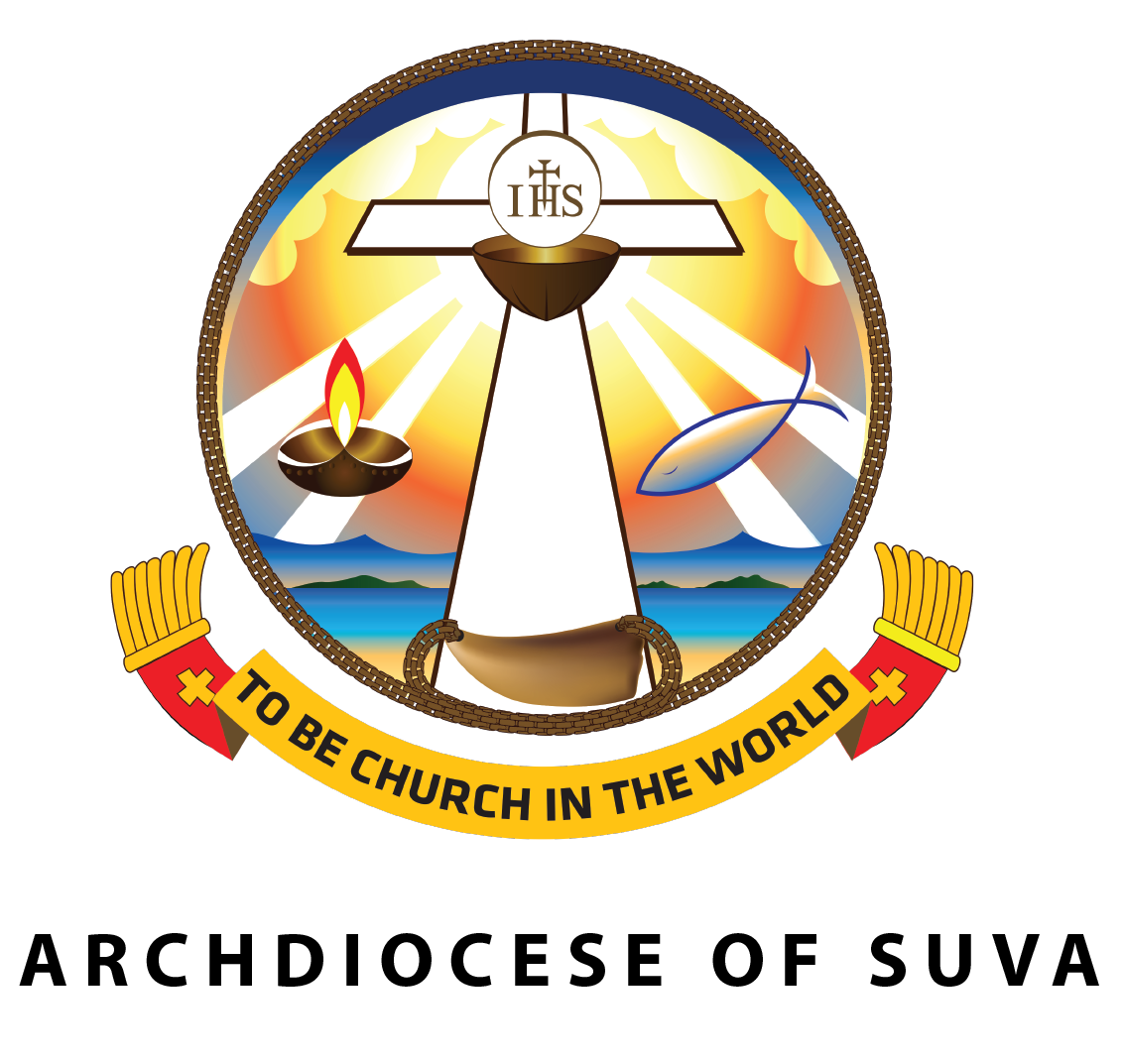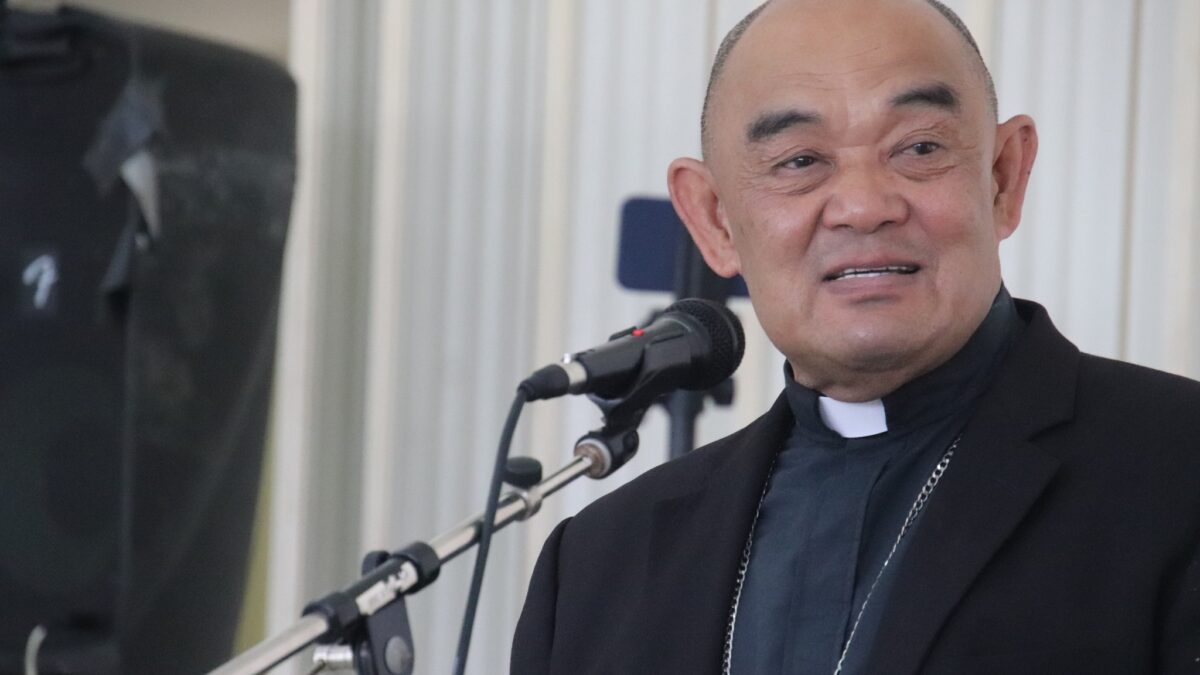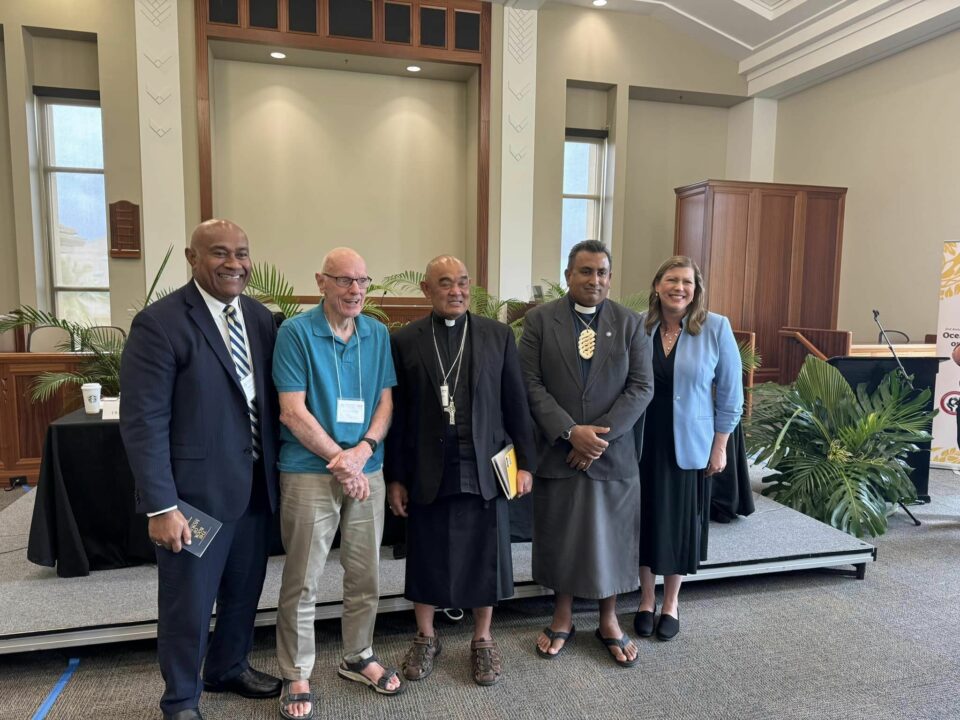Fiji Catholic Church condemns Hamas- Israel War
In the context of the Hamas – Israel war, the Russia – Ukraine war and other countries or tribes at war, the Catholic Church of the Archdiocese of Suva calls to the leaders of these countries to end war and adopt non-violent approaches to resolving conflicts. The Fiji Catholic Church supports Pope Francis’ position on wars: ‘War is always a defeat; it is a destruction of human fraternity.’ Research carried out Dr. Maria Stephan and Erica Chenoweth show that non-violent approaches are more successful in achieving a just and peaceful society. They argue that nonviolent campaigns are more likely to gain additional long-term benefits from regime repression than are violent campaigns. Christianity and the main world religions are committed to a more just and peaceful world. We are called to take a clear stand for creative and active nonviolence and against all forms of violence. For Christians, Jesus is our inspiration and model.
Jesus and nonviolence
In his own times, rife with structural violence, Jesus proclaimed a new, nonviolent order rooted in the unconditional love of God. Jesus called his disciples to love their enemies (Matthew 5: 44), which includes respecting the image of God in all persons; to offer no violent resistance to one who does evil (Matthew 5: 39); to become peacemakers; to forgive and repent; and to be abundantly merciful (Matthew 5-7). Jesus embodied nonviolence by actively resisting systemic dehumanisation, as when he defied the Sabbath laws to heal the man with the withered hand (Mark 3: 1-6); when he confronted the powerful at the Temple and purified it (John 2: 13-22); when he peacefully but determinedly challenged the men accusing a woman of adultery (John 8: 1-11); when on the night before he died he asked Peter to put down his sword (Matthew 26: 52).
Neither passive nor weak, Jesus’ nonviolence was the power of love in action. In vision and deed, he is the revelation and embodiment of the Nonviolent God, a truth especially illuminated in the Cross and Resurrection. He calls us to develop the virtue of nonviolent peacemaking. Clearly, the Word of God, the witness of Jesus, should never be used to justify violence, injustice or war. We confess that the people of God have betrayed this central message of the Gospel many times, participating in wars, persecution, oppression, exploitation, and discrimination.
The Catholic Church’s Second Vatican Council 1962 condemns any discrimination or harassment against people because of their race, colour, condition of life, or religion. Such acts are against the mind of Christ.
Archbishop Chong together with the participants of the “Nonviolence and Just Peace Conference” sponsored by the Pontifical Council for Justice and Peace and Pax Christi International on April 11-13, 2016 clearly stated: “We believe that there is no “just war”. Too often the “just war theory” has been used to endorse rather than prevent or limit war. Suggesting that a “just war” is possible also undermines the moral imperative to develop tools and capacities for nonviolent transformation of conflict.”
The Catechism of the Catholic Church has used the ‘just war theory’ to certain contexts where war is justified. When a country is attacked, a defensive war is justified – thus the ‘just war theory’. The Catechism teaches that war should only be undertaken because of lasting and grave harm. Only when other means of ending conflict being impractical or ineffective, war is interpreted as the last resort. There must be serious prospects of success and the use of arms should not produce harm and disorder worse than the evil to be eliminated. However, Pope Francis in his 2020 Encyclical Fatelli Tutti: On Fraternity and Social Friendship, has moved beyond the just war theory declaring that war cannot be a solution to any problem and even issued a caution about previous interpretations of the just war theory. He adds, “We can no longer think of war as a solution, because its risks will probably always be greater than its supposed benefits. In view of this, it is very difficult nowadays to invoke the rational criteria elaborated in earlier centuries to speak of the possibility of a “just war”. Never again war!” (Fratelli Tutti, 258).
Responding to the Hamas-Israel war Pope Francis stated “Please stop the attacks and weapons, and understand that terrorism and war do not bring any solution, but only death and suffering for many innocent people.” He added “war is a failure; every war is a failure.” Pope Francis has shown his closeness to the victims “who are experiencing hours of terror and anguish,” and has called for the end of the fighting in the Holy Land. The Catholic Church of the Archdiocese of Suva stands by Pope Francis and condemns war. We stand for peaceful and non-violent resolutions and solidarity with victims of war and injustices. He called for prayers for for peace in Israel and Palestine. “We continue to pray for the victims caught in this cycle of violence as well as the regional and international actors who are being drawn into the conflict. We must not grow weary of offering our prayers and support for peace and justice for all concerned. A lasting solution respecting the rights, needs, and aspirations of both Israelis and Palestinians remains essential to these ends.
Archbishop Peter Loy Chong




